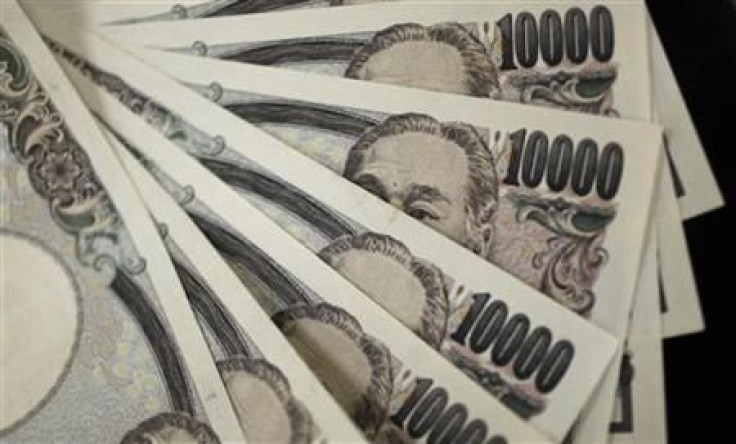Japan’s Retail Sales Rise In September Does Not Meet Expectation

Japan’s retail sales rose less than expected in September indicating a faltering consumer spending, which accounts for the majority of overall economic activity.
Data released Monday by the Ministry of Economy, Trade and Industry shows that Japan’s retail sales rose 0.4 percent in September compared to the same month a year earlier, down from 1.7 percent in August. Analysts expected a rise of 1 percent.
This comes after Japan's report earlier this month on rise in trade deficit in September compared to the same month last year with a decrease in exports and increase in imports. Data from Japan’s Finance Ministry showed that the country recorded a 558.6 billion yen ($7.0 billion) trade deficit in September compared to a surplus of 288.8 billion yen last year.
Exports dropped 10.3 percent in September from a year earlier, indicating the soft global demand. There was a slump of 14.1 percent in exports to China compared to the previous year. While exports to Europe dropped 21.9 percent, exports to the U.S. rose 0.9 percent. The continuing debt crisis in Europe and the strength of the Japanese yen have also hurt the demand for exports, the key driver of Japan's economy.
Japan's economy grew at 0.3 percent in the April-June quarter, down from the 1.2 percent in the first three months of the year. Last week the Japanese government announced a stimulus package of 422.6 billion yen ($5.3 billion) as a measure to bolster the weakening economy and revive economic growth momentum.
The package will include funds to prevent disasters and also to revive farming and energy sectors. This announcement came after the Ministry of Internal Affairs and Communications reported earlier this month that the core consumer price index dropped 0.1 percent in September up from a 0.3 percent decrease in August, indicating that the country was continuing to struggle to control its deflation.
Investors sense that more measures, other than the currently available stimulus, will be required to revive the growth momentum of the world’s third-largest economy. Market participants are keenly awaiting the Bank of Japan to publish its Outlook for Economic Activity and Prices on Tuesday.
“We expect the Policy Board to revise down its forecasts for GDP growth and inflation but to hold off on increasing the asset purchase program further in favor of increasing the loans available to businesses in growth areas to support the growth potential of the economy,” Capital Economics said in a note.
© Copyright IBTimes 2024. All rights reserved.











